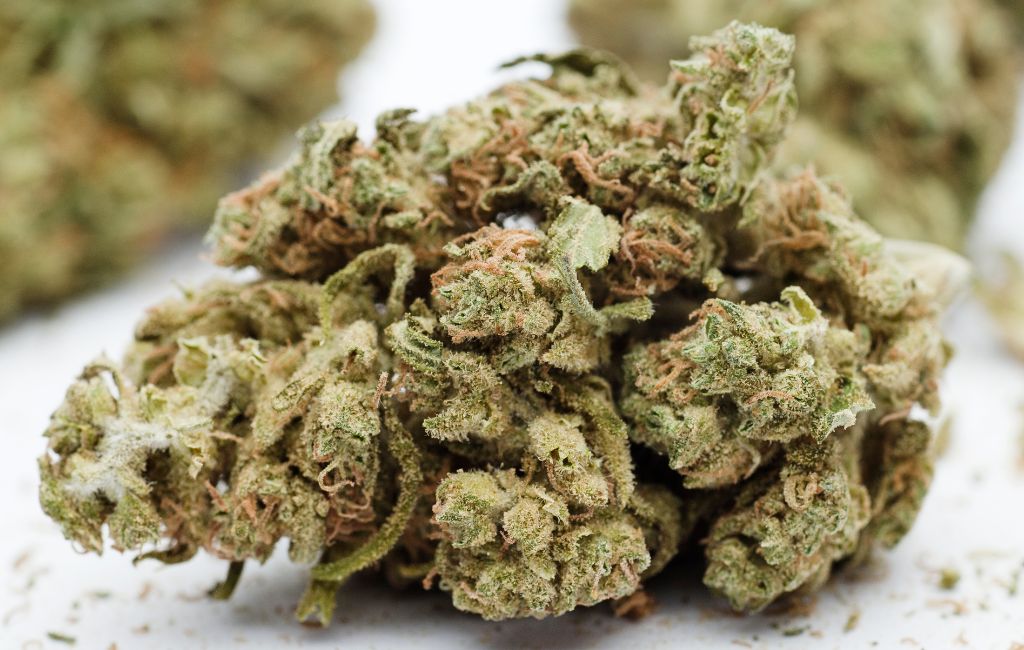Marijuana Dispensary: Your Gateway
In recent years, the cannabis industry has experienced significant growth, with marijuana dispensaries playing a pivotal role in this expansion. These establishments serve as the primary access point for consumers seeking cannabis products for both medicinal and recreational purposes. This article explores the various aspects of marijuana dispensary, their impact on communities, and the future of cannabis retail.
The Rise of Marijuana Dispensaries
The legalization of cannabis in several states and countries has led to a surge in the number of marijuana dispensaries. These outlets have become a cornerstone of the cannabis industry, providing consumers with a safe and regulated environment to purchase cannabis products. The rise of dispensaries can be attributed to changing public perceptions, increased demand for cannabis, and the potential economic benefits for local communities.
Changing Public Perceptions
Public opinion on cannabis has shifted dramatically over the past few decades. Once stigmatized, cannabis is now widely accepted for its medicinal benefits and recreational use. This change in perception has paved the way for the legalization of cannabis and the establishment of dispensaries. According to a 2021 Gallup poll, 68% of Americans support the legalization of marijuana, reflecting a significant shift in societal attitudes.
Economic Impact
Marijuana dispensaries contribute to local economies by creating jobs, generating tax revenue, and attracting tourists. In states like Colorado and California, cannabis sales have generated billions in revenue, with a portion of these funds allocated to public services such as education and infrastructure. The economic impact of dispensaries extends beyond direct sales, as they also support ancillary businesses such as security, marketing, and logistics.
Types of Marijuana Dispensaries
Dispensaries can be categorized into two main types: medical and recreational. Each type serves a distinct purpose and caters to different consumer needs.
- Medical Dispensaries: These establishments focus on providing cannabis products to patients with qualifying medical conditions. Patients must obtain a recommendation from a licensed healthcare provider to access these dispensaries. Medical dispensaries often offer a wider range of products, including high-CBD strains and specialized formulations.
- Recreational Dispensaries: Open to adults over the age of 21, recreational dispensaries offer a variety of cannabis products for personal use. These establishments typically have a more relaxed atmosphere and provide a diverse selection of products, including edibles, concentrates, and topicals.
Product Offerings and Innovations
Marijuana dispensaries offer a wide array of products to cater to diverse consumer preferences. From traditional flower to innovative cannabis-infused products, dispensaries provide options for both novice and experienced users.
Traditional Products
The most common product available at dispensaries is cannabis flower, which can be smoked or vaporized. Dispensaries offer a variety of strains, each with unique effects and flavors. Consumers can choose from indica, sativa, and hybrid strains, depending on their desired experience.
Edibles and Beverages
Edibles have gained popularity due to their discreet nature and long-lasting effects. Dispensaries offer a range of edible products, including gummies, chocolates, and baked goods. Cannabis-infused beverages are also becoming increasingly popular, providing an alternative to traditional edibles.
Concentrates and Topicals
For those seeking potent effects, concentrates such as wax, shatter, and oils are available. These products offer higher THC levels and are often used by experienced consumers. Topicals, including creams and balms, provide localized relief without psychoactive effects, making them ideal for pain management.
Regulations and Compliance
Operating a marijuana dispensary requires adherence to strict regulations and compliance measures. These regulations vary by jurisdiction and cover aspects such as licensing, security, and product testing.
Licensing and Permits
Dispensaries must obtain the necessary licenses and permits to operate legally. This process can be complex and costly, with requirements varying by state and municipality. Prospective dispensary owners must navigate zoning laws, background checks, and financial disclosures to secure a license.
Security Measures
Due to the high value of cannabis products, dispensaries are required to implement robust security measures. These include surveillance systems, secure storage, and on-site security personnel. Compliance with security regulations is essential to prevent theft and ensure the safety of employees and customers.
Product Testing and Quality Control
Dispensaries must adhere to strict quality control standards to ensure the safety and efficacy of their products. This includes testing for potency, contaminants, and pesticides. Third-party laboratories conduct these tests, providing consumers with confidence in the products they purchase.
The Future of Marijuana Dispensaries
The future of marijuana dispensaries looks promising, with continued growth and innovation on the horizon. As more states and countries move towards legalization, the demand for dispensaries is expected to increase. Technological advancements and evolving consumer preferences will shape the future of cannabis retail.
Technological Advancements
Technology is playing an increasingly important role in the cannabis industry. From online ordering and delivery services to advanced point-of-sale systems, technology is enhancing the customer experience and streamlining operations. Dispensaries are leveraging data analytics to better understand consumer preferences and optimize inventory management.
Evolving Consumer Preferences
As the cannabis market matures, consumers are becoming more discerning in their product choices. Dispensaries are responding by offering a wider range of products, including organic and sustainably sourced options. The focus on wellness and holistic health is driving demand for products that promote relaxation, stress relief, and overall well-being.
Conclusion
Marijuana dispensaries have become an integral part of the cannabis industry, providing consumers with access to a diverse range of products in a safe and regulated environment. The rise of dispensaries has been fueled by changing public perceptions, economic benefits, and advancements in product offerings. As the industry continues to evolve, dispensaries will play a key role in shaping the future of cannabis retail, driven by technological innovations and shifting consumer preferences.
